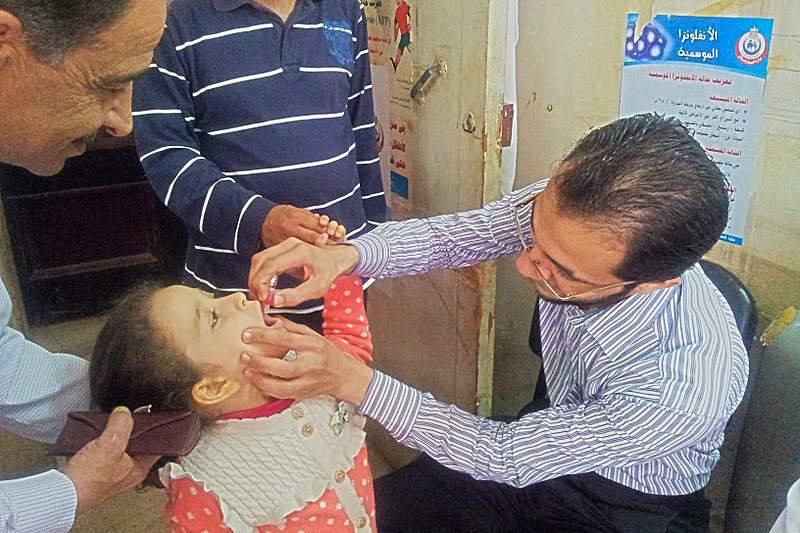
Winter is the season of runny noses, coughing and wheezy chests. Allergies, regardless of severity, can be uncomfortable, but in severe cases they can dramatically affect your lifestyle.
Both allergy testing and immunotherapy — helping you become immune to allergies — are in the news these days as discoveries emerge to finesse the system of “curing” allergies. Mahmoud al-Fouly, an ear, nose and throat doctor at Qasr al-Aini Hospital, sheds light on the medical breakthroughs.
According to Fouly, allergies or allergic rhinitis (nose allergies) result from a genetic predisposition. They occur when your body detects foreign substances (allergens).
“Allergies occur because your body’s defense system mistakes risk-free allergens for something potentially harmful (like bacteria),” he says.
Fouly explains that symptoms of allergic rhinitis start when histamine is released into the blood. Histamine causes most of the symptoms of allergies, such as sneezing, watery or itchy red eyes, a runny or itchy nose, an itchy throat or a blocked nose.
Other symptoms a patient might experience include chronic sinusitis (long-term sinus problems), ear problems, rashes and stomach problems. Asthma can also result, which might affect or even handicap the life of the patient. An allergy is a chronic disease and needs lifetime treatment.
“Allergies are classified as intermittent (seasonal) or persistent (perennial),” says Fouly, adding that seasonal allergies are often triggered by pollen, dust, molds, hair and fungus.
“The first line of treatment for allergies is avoidance,” he explains. Knowing what triggers your allergy allows you to avoid it.
“However, to avoid a specific allergen, you have to get tested,” says Fouly. Medications such as oral antihistamines, nasal steroids spray, decongestants, or even systemic steroids may provide temporary relief, but do not address the underlying problem.
Allergies can be diagnosed through a variety of tests. The first type is known as the skin prick test, which is preferred by physicians and patients due to its accuracy and speed. The test exposes the patient to a minute quantity of a certain allergen extract and monitors the skin for a reaction.
“The test can be done on the skin of the forearm or the back, and within 20 minutes a reaction appears,” explains Fouly. The test may cause certain discomfort, redness or itching of the skin that disappears within two to three hours. The allergy kit may contain hundreds of allergens, but routine testing is usually done using about 20 types of allergens and the entire process takes 90 minutes, he says.
Another common type of testing is the blood test, but it may not be 100 percent accurate in the case of allergic rhinitis (nose allergies).
After testing to determine of the type and intensity of the allergy, curing it is the next step. Fouly says that immunotherapy is a scientifically proven method to control allergies in the long term. It is an allergy vaccination that exposes the body to scheduled small concentrations of the allergen for over 3 to 5 years. The dosage reaches its optimum level toward the end of the course.
Immunotherapy, depending on the kind of allergy, can be given through injections, drops or skin patches.
“Booster doses can be subscribed on a yearly basis for maintenance,” explains the allergy expert.
He says there are two types of immunotherapy.
One is subcutaneous immunotherapy or SCIT, which requires weekly injections and regular visits to the physician. This can be lengthy and expensive and is therefore recommended in severe allergy cases to avoid lifetime medication.
The other type is sublingual immunotherapy or SLIT, a vaccine prepared by the physician but administered by the patient at home.
Want to be tested? Check with your physician about a good testing facility and the immunotherapy options given your level of allergy suffering and the kind of allergy you are dealing with. If you’ve ever had a ridiculously unexplained reaction — hives, extreme congestion, unexplained rashes — this might be your opportunity to avoid uncomfortable and potentially life-threatening situations in the future.




